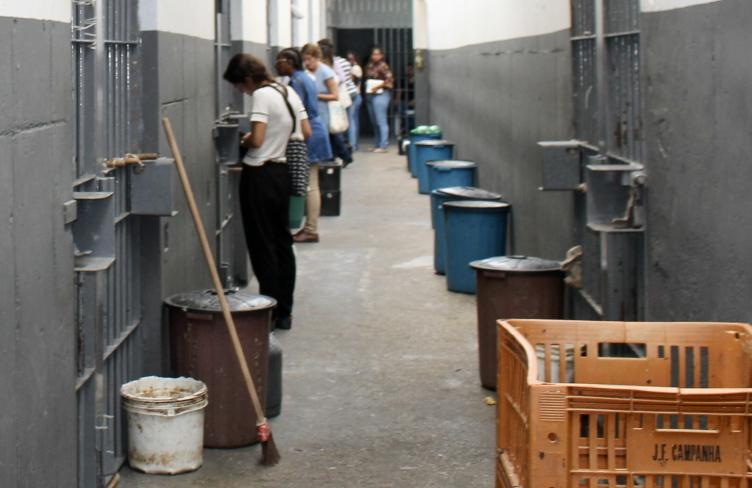
The APT recently hosted a meeting among experts drawn from legal, academic and practical fields to consider how executive actors, such as police, intelligence, security agents use and share torture-tainted information.
We were especially proud to have UN Special Rapporteur on torture, Mr Juan Mendez, as our keynote expert. Mr Mendez had previously invited further analysis of the scope of the exclusionary rule to see whether executive actors, such as police and intelligence officers, should consider more carefully the origin of information they rely on, and exclude information derived from torture and other abuses.
During this interview, given after the meeting, the Special Rapporteur reflects on use of tainted information, and considers the possible emergence of standards directed at regulating its use:
“…it seems to me in those minimum standards we have some building blocks from which we can create standards which will be effective in preventing torture, but at the same time would not tie the hands of intelligence agencies or security agencies that need to be able to fight crime and particularly to fight terrorism.”
We also welcomed Mr Gwilym Hughes, Director of the Oxford Intelligence Group, who considers the real practical challenges of executive actors in operating effectively in States across the globe to disrupt terrorism. Even when recognising the urgent need for intelligence actors to be able to operate globally, Mr Hughes explains his conviction that torture is not just unlawful, but is also unhelpful:
“…when compared with normal, professional intelligence gathering and analysis it is clear that torture doesn’t add anything to the ability to protect and to use information in a way which is more compatible with the Convention against Torture.”
APT Board member, Mr Michael Kellett, is a former UK police officer with some 30 years’ experience. In this interview, Mr Kellett explores the ethical dilemma executive actors face in using prohibited information or evidence obtained by torture:
“They have to have relations with foreign intelligence services that perhaps do not use the same, or don’t hold themselves to the same ethical standards that they should hold themselves to. And if they are presented with information that may be useful in preventing terrorist acts in their own country or in another country they have to decide what they are going to do with it…”
Beware the Gift of Poison Fruit – Sharing information with States that torture. Download the outcome report of the meeting.


